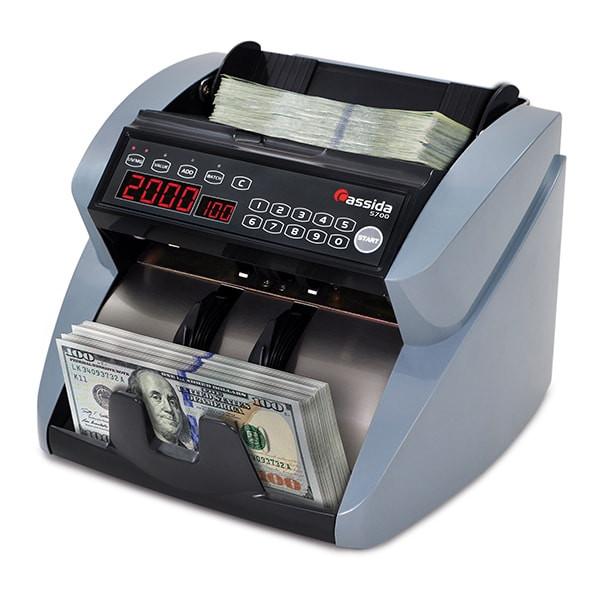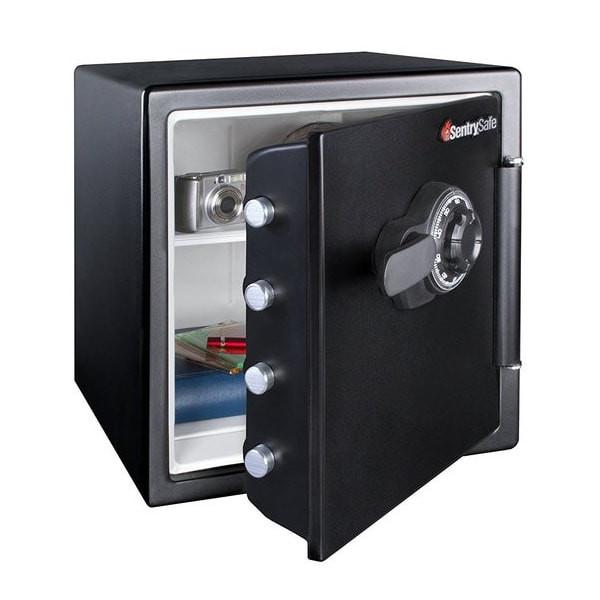
These are true stories of people who have been victims of counterfeit bills. Some names have been changed in respect of anonymity.
He Took My $10 and My Book
Michelle is an author who sells her books on the streets of New York. She was running her table at a popular major event when a kind looking older gentleman, about 60, walked up, surprisingly very interested in her books.
"Did you write this? What an accomplishment!" the man said with a shocked look to which Michelle answered affirmatively, slightly flattered.
It didn’t take much at all to convince the man to purchase one of the books for $10, to which Michelle signed “To a Special Friend” because the man did not want to address it to anyone in particular.
He handed Michelle a crumply $20 bill and took the book and $10 change that Michelle gave him in exchange. Seconds later he was gone, and as Michelle went to put the $20 away she noticed that it felt funny. When she saw the blurry images on the front she knew that she had been had. Michelle had always been a little self-conscious about examining bills that were given to her to buy her book, because she felt that it would offend the customer, but now she wished she had. After unsuccessfully scanning the crowd for the man, she finally had to notify a nearby policeman, who was unable to help her past filing a report and taking the $20.
“He took my good $10, and my book,” Michelle told the officers with tears of frustration filling her eyes.
That Was Going to Buy This Week's Groceries
Lisa Young, a Houston woman, went to cash her check one day at the same bank she usually visits on payday. She then went to her credit union to deposit the same cash into her account to pay bills.
A short time later the credit union informed Ms. Young that the $100 bill she gave them was a counterfeit, and they were calling the Secret Service on her.
"Could you repeat that again?" Ms. Young said.
It turned out that the bank where Ms. Young cashed her check had given her a fake bill, inadvertently. The $100 bill was confiscated and it was determined that Ms. Young, not the bank, was responsible for the fake bill since she was the "passer" and there was no way to determine where the fake $100 bill sourced from other than Ms. Young’s actions.
"That ($100) was going to buy this week's groceries. That is money coming out of my family's mouth," she said.
It Looked So Real
Joseph was what most people call “hustling” in New York City. He was on foot, selling his various products to passersby. He came upon a young, enthusiastic man holding shopping bags who seemed pretty interested in the products he was selling.
"So how much is that?" the young man asked Joseph within seconds. When Joseph told him the price, the customer pulled out a $20 bill folded in half and passed it over. Joseph, happy to finally make a sale, quickly gave the man his change before he had a chance to change his mind. The customer smiled and went on his way quickly.
Later that day, Joseph was counting through his “take” for the day which wasn’t very much, but enough to pay his phone bill which was due that day. He noticed that one of the bills looked different from the others. It was the $20 that was folded in half. He examined the bill, holding it up to the light, and didn’t see a hologram. When he felt the bill it didn’t “snap” and resist between his fingers like real $20s did—it just didn’t feel right. After a few minutes of comparison he noticed that the bill was actually just a piece of paper with a copy of a $20 bill on the front and back.
"Oh no," is all that Joseph could groan out when he realized that he had been passed a fake bill. He didn’t want to believe it – the bill looked so real. His entire day was a bust, and now he wouldn’t be able to pay the phone bill that had been looming over his head, motivating him to hustle in the first place.
These real stories are perfect examples of why it is so important to examine the paper money that is passed your way and to not be shy about using a counterfeit detecting pen on money if you are in the business of selling products, before the product leaves your hands.



